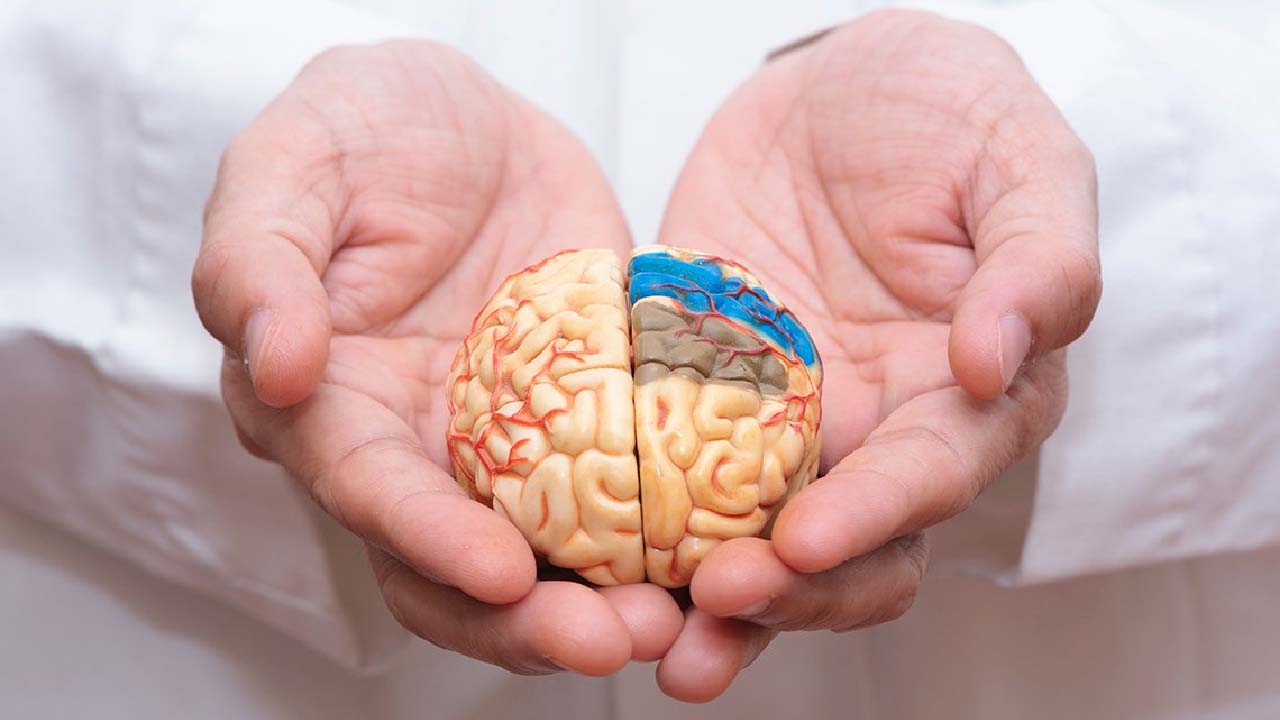Most likely, the causes are a combination of age-related brain changes as well as genetic, environmental, and lifestyle factors. The importance of each of these factors in increasing or decreasing the risk of Alzheimer's disease varies from person to person. Alzheimer's disease is a disease that makes no distinctions and takes no sides. It is equally drawn to the wealthy and the impoverished, the famous and the ordinary.
Alzheimer's disease is a progressive neurological disorder that causes brain cells to die and the brain to shrink. Alzheimer's disease is the most common cause of dementia, which is defined as a progressive decline in cognitive, behavioral, and social skills that impairs a person's ability to function independently.
Medications may improve or slow the progression of symptoms temporarily. These treatments can sometimes help people with Alzheimer's disease maintain function and independence for a short period of time. Various programs and services are available to help people with Alzheimer's disease and their caregivers.
There is no cure for Alzheimer's disease or treatment that alters the disease process in the brain. Complications from severe loss of brain function, such as dehydration, malnutrition, or infection, can result in death in advanced stages of the disease.
Diagnosis of Alzheimer's disease can be difficult, and as the global population ages, the burden of new cases will place additional strain on providers.
Researchers at Boston University School of Medicine used artificial intelligence (AI) to create multiple computer models that used patient data to identify disease-specific signatures.
The AI was able to determine which patients had normal cognition, mild cognitive impairment, Alzheimer's disease, and non-Alzheimer's disease dementia based on these signatures.
6 warning signs of Alzheimer's disease
- Increased memory loss and confusion.
- Inability to learn new things.
- Difficulty with language and problems with reading, writing, and working with numbers.
- Difficulty organizing thoughts and thinking logically.
- Shortened attention span.
- Problems coping with new situations.
Causes and Risk Factors of Alzheimer’s Disease
What causes Alzheimer's disease? That is the multibillion-dollar question in Alzheimer's research. Scientists have made progress in understanding what happens in the brain as the disease progresses, but they are still unsure what causes these changes.
The vast majority of Alzheimer's cases, according to researchers, are caused by a combination of genetics, lifestyle, and environment. The following are risk factors:
- Age Alzheimer's disease is not a normal part of aging, with many people living into their nineties and maintaining their cognitive abilities. But age increases risk: Most people with the disease are 65 and older. After 65, the risk doubles every five years. Nearly one-third of people who are 85 and older have Alzheimer’s.
- History of the Family Having a first-degree relative with the disease, such as a parent or sibling, is a significant risk factor. This could be due to common genetics, environmental factors, or both.
Risk factors for Alzheimer’s that may be somewhat under a person’s control include:
- Head Injury Researchers have identified a link between traumatic brain injury and different types of dementia, including Alzheimer’s. Wearing a seat belt in a car or a helmet while playing certain kinds of sports, or minimizing fall risks in the home can offer protection.
- Cardiovascular Problems When the heart or blood vessels are damaged or diseased, the body is unable to pump enough blood to the brain, depriving cells of the oxygen they need to function. Conditions such as heart disease, stroke, high blood pressure, and diabetes may raise the risk.
- Poor Overall Health Researchers believe that poor overall health (linked to habits like smoking, for instance) may increase Alzheimer’s risk.
When to consult a doctor
Memory loss or other dementia symptoms can be caused by a variety of conditions, some of which are treatable. Consult your doctor for a thorough evaluation and diagnosis if you are worried about your memory or other thinking abilities.
Talk to a family member or friend about your concerns and suggest going to a doctor's appointment together if you are worried about the thinking abilities you have noticed in them.
(Disclaimer: The content on this site is for informational purposes only, and should not be taken as professional medical advice. Always seek the guidance of your doctor or other health professionals for any questions you may have regarding your health or a medical condition.)

 Alzheimer's disease is a disease that makes no distinctions and takes no sides. It is equally drawn to the wealthy and the impoverished, the famous and the ordinary.
Alzheimer's disease is a disease that makes no distinctions and takes no sides. It is equally drawn to the wealthy and the impoverished, the famous and the ordinary.









.jpeg)




.jpeg)

.jpg)













